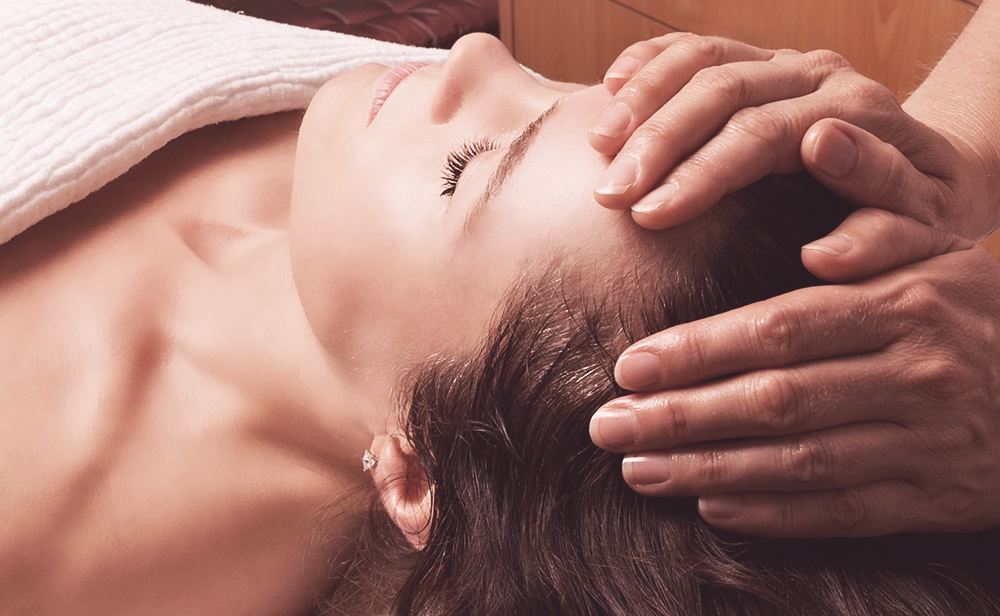
Most of us know that our ability to sleep is directly connected to things like how much caffeine we’ve had that day, or how anxious we are at the time, but the truth is that it goes deeper than that.
Stimulants like caffeine can affect the health of your gut’s microbiome, which then influences how anxious you feel because the state of your gut flora impacts your intestine’s ability to absorb the feel-good hormone serotonin.
There is even research to suggest that our gut bacteria is connected to our spinal cord and, subsequently, brain - meaning that we literally think with our stomachs.
The point is that it’s all connected but it’s not necessarily straight forward or obvious.
The benefit of dealing with a holistic practitioner is that they look at your health as a whole.
It’s kind of like taking your car in for a service. You want to take it somewhere where they can check the brakes, change the tyres, do an oil change and give you a green slip. There’s not much point getting new tyres if your brake pads are worn down.
And when you’re feeling worn down, you need someone who can assess all of the possible causes and address them with expert advice, treatments and recommendations.
The holistic philosophy is defined as the belief that the parts of something are intimately interconnected and explicable only by reference to the whole.
When applied to medicine and wellbeing, the term holistic means treating the whole person, taking into account mental and social factors, rather than just the symptoms of a disease.
So how does this work when you go to a holistic facialist, for example?
MV Founder and Facialist Sharon McGlinchey says, “When we look at a client’s face, we can see and sense so much of what is happening in their life. Things like the tension in the jaw, shadows under the eyes, dryness and rashes can all be indicators of emotional and physical stress.
“We get brides coming to us wanting expensive cosmoceutical treatments to get glowing skin for their big day. We often look at their skin and recommend that they eat more leafy greens, drink more water and increase their intake of Vitamin C.
“The challenge with holistic wellness is that it’s not a one-stop shop. We can’t give you a cream or a pill to fix your problem. We can certainly provide recommendations and give you products to assist but it’s bigger than that. Our clients need to be on board for a journey towards better health. This requires mutual responsibility and commitment to the process.
“The upside is that the results are long-lasting and extend beyond the health of the ski, hair or nails. Our clients end up looking - and more importantly, feeling - great,” says Sharon McGlinchey.
Holistic practitioners draw their expertise from a broad range of sources and modalities, and can ‘prescribe’ treatments that take into the account that human beings are not just flesh and bone. They take into account the living energy and spirit that sometimes need love and nurturing as well.






